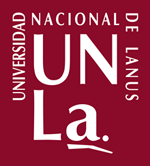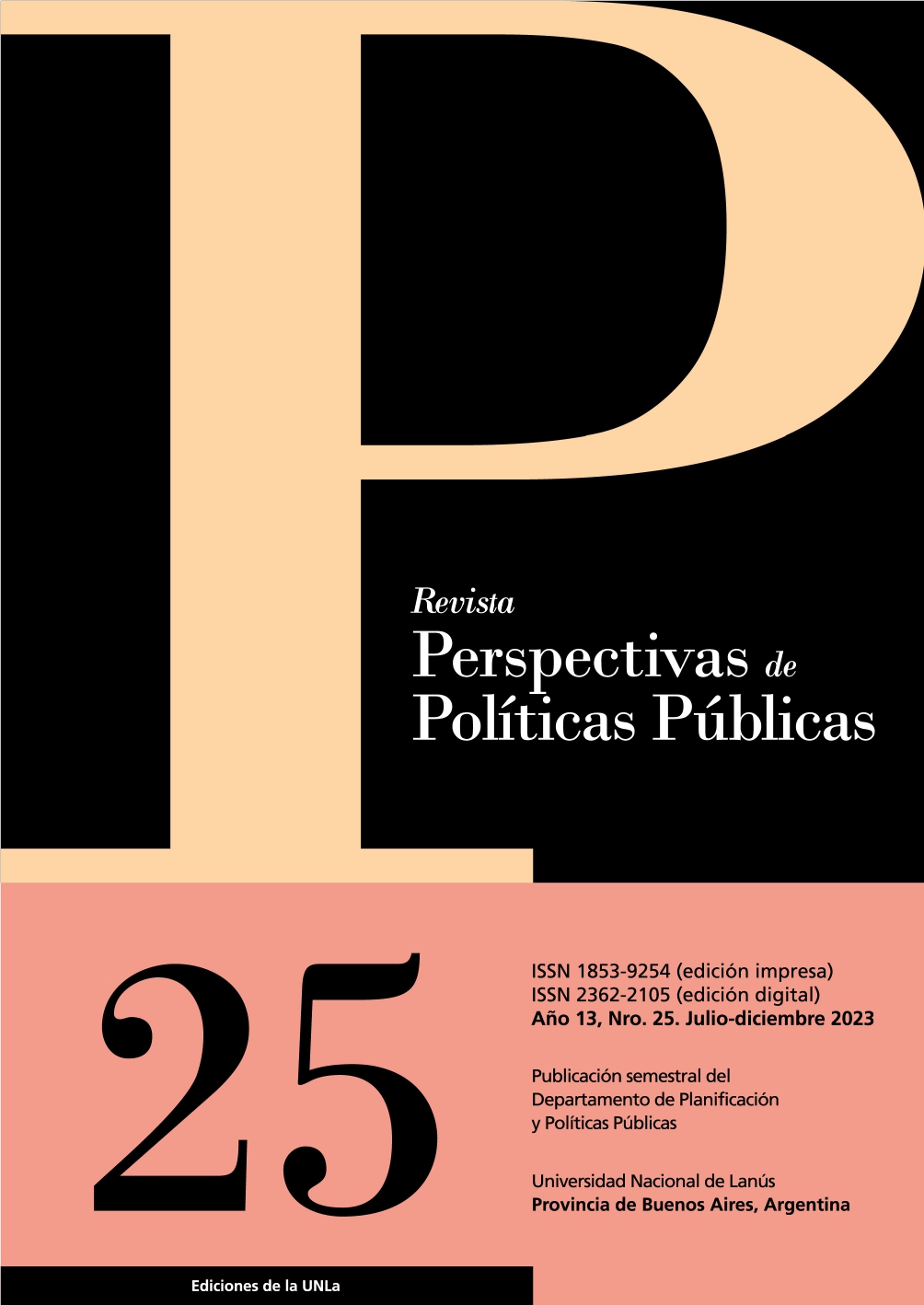Editorial
Abstract
This issue of the Public Policy Perspectives Magazine begins with a text by Julián Zícari that discusses the anti-inflationary policy of José Alfredo Martínez de Hoz, the most emblematic of the ministers of the government of the civil-military dictatorship 1976-1983. The article, supported by the books published by Martínez de Hoz, his public statements and journalistic interviews, show that the strategy designed by the minister had as its ultimate goal the forced introduction, through macroeconomic policy, of drastic changes in the culture of society, above all in the group of middle and working classes that had known how to resist the onslaught of neoliberalism avant la lettre of the government of Isabel Martínez and her minister Rodrigo. Cultures do not change that way, much less at that speed, but this went beyond the understanding of Martínez de Hoz and his class culture, resistant like few others to changes in times and scenarios. Zícari's study also allows us to notice the persistent continuity of Martínez de Hoz's adjustment, in the protective framework that the military dictatorship provided to his class, with the reiteration of its central aspects in the political speeches of some protagonists of the return to representative politics. democratic, which present as new what was already tried and failed during the dictatorship. A corollary that can be extracted from the article is that Martínez de Hoz's plan, program or strategy continues to be the fundamental reference of extreme Argentine conservatism, now filled with libertarian rhetoric and cross-border resonances.
In the antipodes of Martínez de Hoz, who proposed a state policy based on the crushing of social conflict, Juan Pablo Quiroga's article provides a reading of the work of the economist John Kenneth Galbraith that allows us to consider it as an attempt to develop a research agenda of public policies focused on conflict, in societies crossed by a variety of inequalities and power asymmetries. Quiroga's work highlights the comprehensiveness of Galbraith's conception and his dialogues with a variety of economists and political scientists, including names with very diverse theoretical approaches, in scenarios of intense distribution disputes over access, control and administration of scarce resources. between market actors and between them and public agencies. The transformations experienced by dependent capitalism have impacted the dominant patterns of urbanization in multiple ways and with different scope. Daniela Martina's article analyzes the situation of public retail markets in an Argentine city. Considered by many people and even by municipal governments as remnants of the past that no longer satisfy the needs of food supply, the framework of public policies that deals with them has been reorienting, according to the author, from nutritional food security towards interests linked to urban heritage, gastronomy, leisure and tourism. In the context of a multi-scalar and multi-level food crisis, the article reflects on the way of socially accessing food, in contexts of growing inequalities and food deficiencies. The work of Luciana Chorny, Franscisco Arias and Milagros Polanco directs its gaze towards another dimension of urban policy: the housing problem in the Autonomous City of Buenos Aires. It presents a comparative analysis of two cases of relocation of the population from neighborhoods in vulnerable conditions, which were transferred to new horizontal property housing complexes. The article highlights the capacity for resistance and popular struggle in the face of what they considered to be authoritarian and illegitimate decisions by the authorities, the tension between social rights and speculative real estate interests. It also problematizes the difficulties that the inhabitants of these neighborhoods go through when they are relocated to condominium complexes, previously unknown to this population, which presents new challenges and new logics of coexistence.
Florencia Corbelle analyzes the participation of cannabis activism in the debates over the reform of the drug law and the Medical Cannabis Law that were developed in the last decade mainly in the National Congress. The objective of the work is to explain the way in which, in the process of policy development, the relationships between different actors in an institutional scenario shape problems and political languages and also the subjects that intervene in the debates. The author argues that these configurations are nourished by different traditions of struggle and life experiences, are framed in dissimilar political contexts, have practical consequences and are the result of the work of translation between different ways of doing politics as well as the construction of political subjects that are considered valid interlocutors and alliances between a multiplicity of actors with different conceptions of what constitutes the problem and what should be done about it.
Nahuel Dragún's text sheds light on the factors, both external and organizational, that affect the impact of private centers of expertise on public policies. For this purpose, two cases involving the Public Policy Research Center for Equity and Growth (CIPPEC) are analyzed: the political-electoral reform processes in the province of Santa Fe and in the Autonomous City of Buenos Aires. Through in-depth interviews, document analysis and analysis of journalistic sources, both processes are reconstructed in order to identify why the first constitutes a case of successful incidence and the second one of failed incidence.
Víctor Hugo Perales Miranda and Natalia Rocha Gonzalez trace the origins of development planning in Bolivia, prior to the 1952 revolution. The work highlights the political dimension of the path taken by what the authors call protoplanning and the great objectives that guided it: national integration, productive diversification and import substitution. It also explores the articulation between these signals or anticipations of development planning with the Bohan Plan prepared by a US mission in 1941. Contextualized in a particular moment in Bolivian history, the article draws attention to the decisive gravitation of political definitions in the development of planning as a prefiguration of a developmental state. This emphasis on the political dimension and the configuration of power relations marks a decisive contrast with the technocratic biases of most subsequent essays, starting in the 1960s and the Alliance for Progress.
The interview given by Dr. Claudia Bernazza to the RPPP reinforces and develops this perspective.
Carlos M. Vilas
Director






